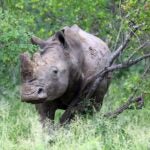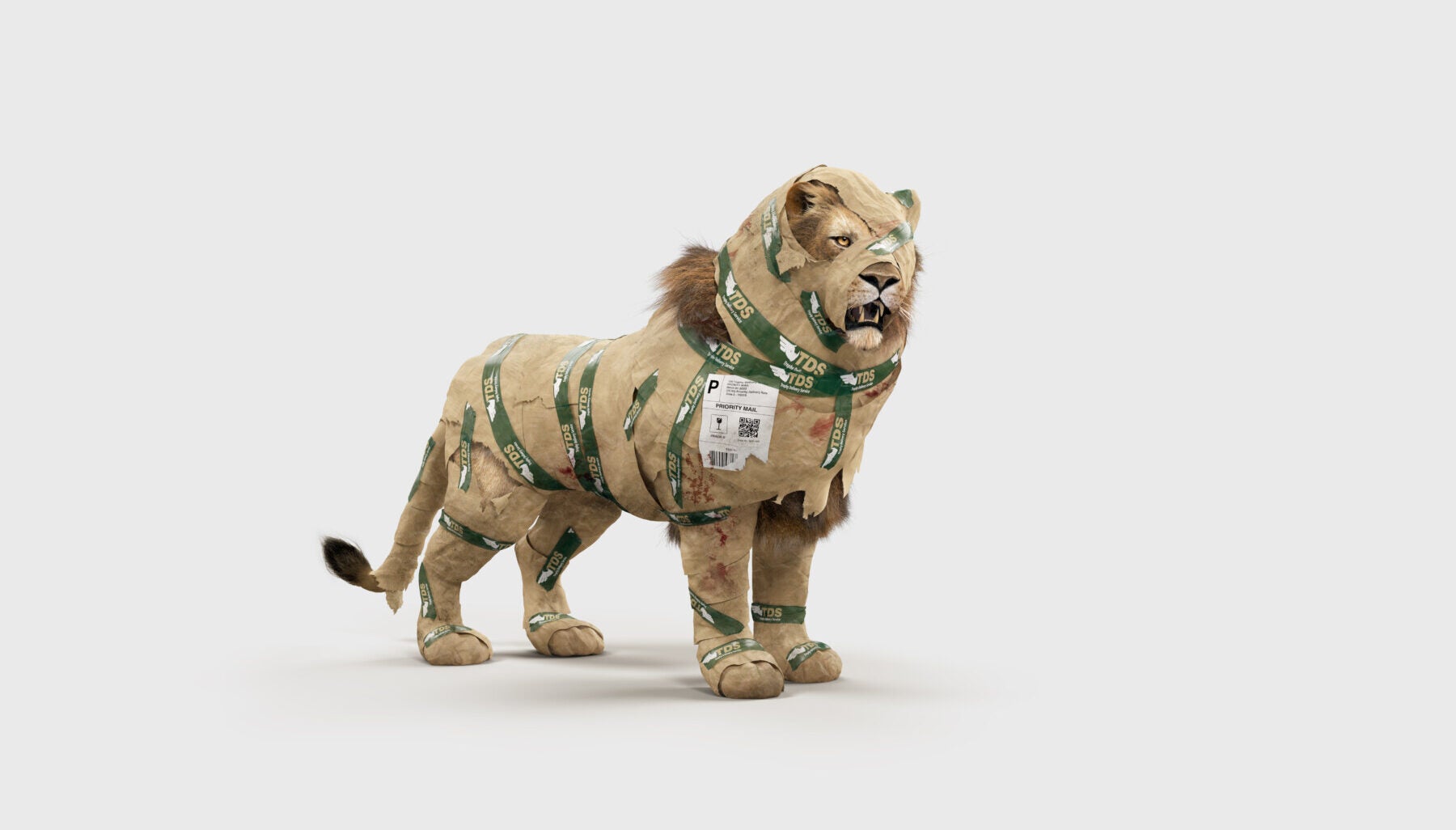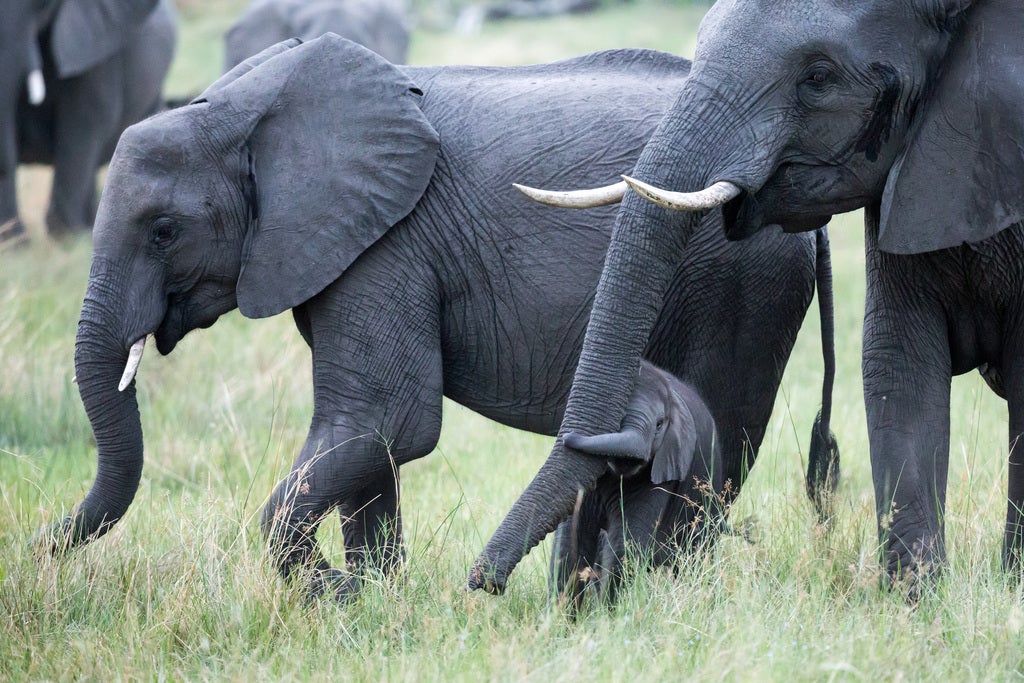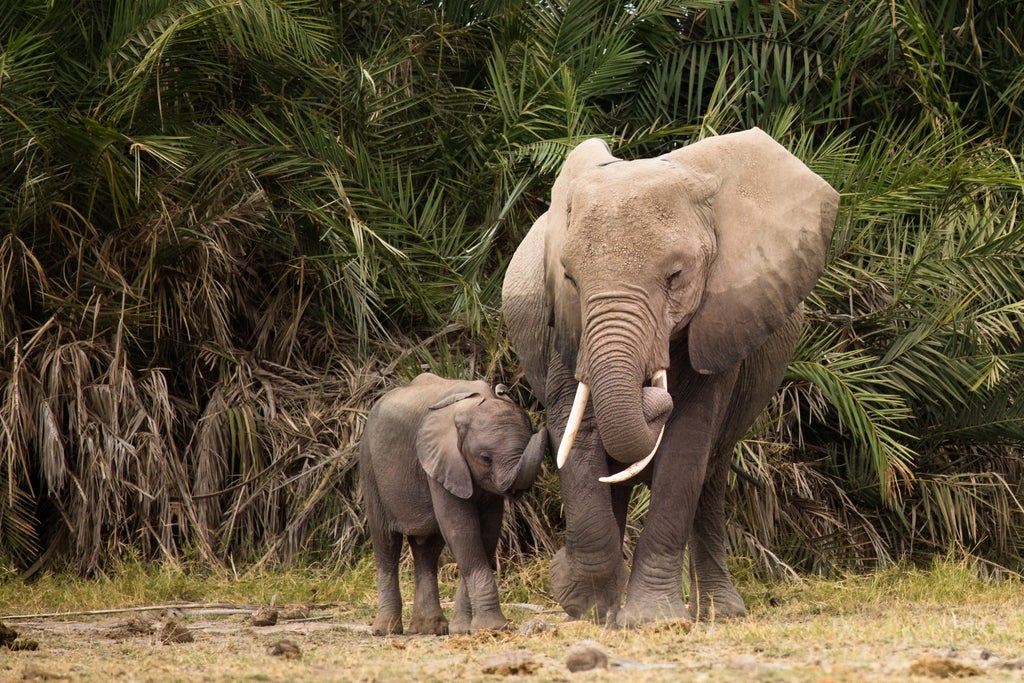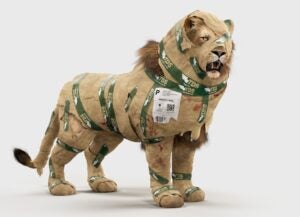
BRUSSELS—In a joint position paper, conservation and animal protection organizations from all around the world, including 45 non-governmental organizations from African countries, speak out against trophy hunting and urge policymakers to ban imports.
Mona Schweizer from Pro Wildlife says: “Trophy hunting stands out among the worst forms of wildlife exploitation and is neither ethical nor sustainable. In the face of the man-made global biodiversity crisis, it is unacceptable that exploitation of wildlife simply for acquiring a hunting trophy is still permitted and that trophies can still be legally imported. It is high time that governments end this detrimental practice.”
Between 2014 and 2018 almost 125,000 trophies of species protected under CITES (the Convention on International Trade in Endangered Species) were imported globally, with the US and the EU featuring as the biggest importers.
Trophy hunting can adversely affect the survival of species and undermine conservation efforts. Trophy hunters often target rare and imperilled species or animals with impressive physical traits and remove individuals who are essential for reproduction and stabilizing social groups. By targeting such animals, trophy hunters, directly and indirectly, contribute to population declines, disrupted social structure, and reduced resilience. The industry drives demand for parts and products of endangered species and incentivizes and prioritizes their killing through award schemes and other promotions.
Furthermore, shooting animals of protected and endangered species is often a privilege of foreign hunters, while access to wildlife and land is often restricted for locals. This disenfranchisement of local communities coupled with the social destabilising effects of trophy hunting on many species can fuel human-animal conflict rather than mitigate it. Such situations are further exacerbated by the fact that the trophy hunting industry fails to deliver meaningful economic benefits to local communities, contrary to what is claimed by the pro-trophy hunting narrative. In fact, as most hunts are conducted on private land and the hunting sector is plagued with corruption, trophy hunting revenues usually end up in the pockets of hunting operators, private farm owners and local elites.
Mark Jones, head of policy at Born Free, commented: “At Born Free, we have long campaigned for an end to trophy hunting on moral and ethical grounds. In this time of crisis for wildlife and biodiversity, it cannot be right for European hunters to be able to pay to kill threatened wild animals, either within the EU or overseas, and ship the trophies home. Trophy hunting causes immense animal suffering while doing little or nothing for wildlife conservation or local communities. Indeed, in many cases trophy hunters remove key individual animals from fragile populations, damaging their social and genetic integrity. It’s time for the European Union’s policymakers to listen to the overwhelming majority of their citizens, and bring trophy hunting within the EU and the import of trophies to a permanent end, while seeking alternative, more effective ways of resourcing wildlife protection and local community development.”
Trophy hunting not only hampers conservation efforts and generates minimal economic benefits, but also raises ethical and animal welfare concerns. Shooting animals for fun simply to obtain a trophy as a status symbol is ethically unjustifiable, disregards their intrinsic value by reducing them to commodities, and puts a price tag on death reflecting the amount foreign hunters are willing to pay for the kill. Moreover, trophy hunters frequently employ and incentivize hunting methods that increase the suffering of the animal, such as the use of bows and arrows, muzzleloaders, handguns or dogs chasing animals for hours to exhaustion.
Joanna Swabe, senior director of public affairs at Humane Society International/Europe, said: “Economic benefit – which is minimal at best in the trophy hunting industry – is no excuse to allow the inhumane killing of animals for entertainment or to make up for the often irreversible biological and ecological damages it causes to protected species when there are alternative, more lucrative revenue streams available for development and conservation efforts. As the largest importers of hunting trophies in the world, the US and EU have a moral obligation to stop contributing to this harmful industry through hunting trophy imports and to institute policies that support ethical forms of foreign aid, tourism and industry.”
In many countries around the world, citizens oppose trophy hunting and the import of hunting trophies. Surveys in the EU, Switzerland and the US confirm that between 75% and 96% of respondents oppose trophy hunting and support import bans for trophies. In South Africa, the major African exporter of hunting trophies of protected species, a majority of 64% respondents disapproves of trophy hunting.
Reineke Hameleers, CEO of Eurogroup for Animals, concluded: “With the unethical practice of trophy hunting harming species conservation and the economy for decades, a policy shift is long overdue. Together, with a united voice of 137 NGOs from all around the world, we call on governments to take responsibility for the protection of species and biodiversity–and to ban the import of hunting trophies.”
ENDS
Press contacts:
- Humane Society International/ Europe: Adeline Fischer, senior communications manager for Europe: afischer@hsi.org; +49 17631063219
- Pro Wildlife : Mona Schweizer: schweizer@prowildlife.de; +49 89 90 42 990 42
- Born Free: Mark Jones, head of policy; markj@bornfree.org.uk; +44 (0)7 947 749 475
- Eurogroup for Animals: Agnese Marcon, communications manager: a.marcon@eurogroupforanimals.org ;; +32 (0) 456 078 038

